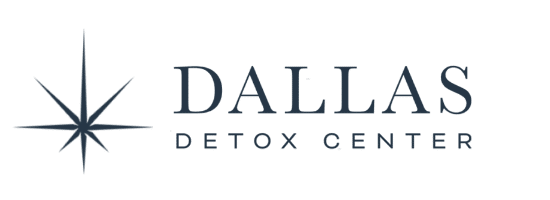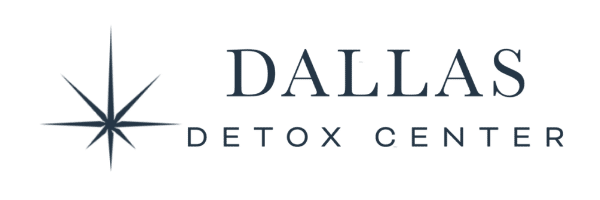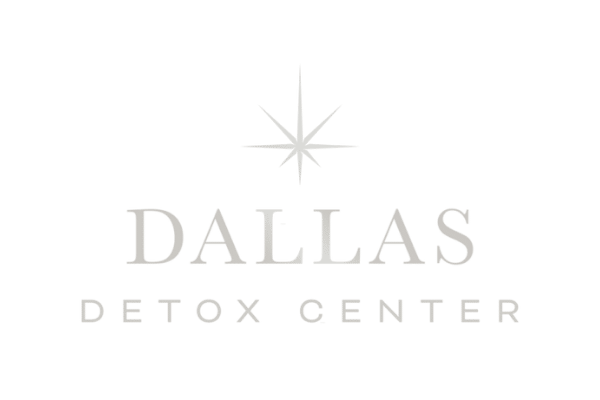If you are considering getting treatment for addiction or dual diagnosis situations, it’s important that you work with a facility that honors ethical considerations in addiction and mental health counseling. Counselors often find themselves in situations that require ethical decision-making, and you need to trust that the people with whom you work know how to take the right course of action.
Dallas Detox Center is a luxury drug and alcohol detox facility in Texas. Contact us today to learn more about the benefits of treatment at our comprehensive facility.
Why Ethical Considerations in Counseling Matter
Ethical considerations help counselors make the right decision, weighing the potential outcome of each decision and deciding upon what course of action can help the client the most without violating things like confidentiality. Knowing that your counselor for mental health and addiction services will honor things like boundaries or informed consent is critical to developing trust between the two of you and facilitating a successful working relationship.
Confidentiality
Confidentiality enables trust between yourself and your counselor, knowing that they won’t share information about you outside of your sessions except where deemed appropriate and where informed consent has been given.
You can trust that they won’t call your friends or family and tell them about your addiction if you don’t want them to.
Boundaries
Boundaries are equally important because they help set up the parameters of the working relationship so you know what is appropriate and what to expect, just as they know what is appropriate for them to do during a session and what your expectations are.
Boundaries are usually explained near the beginning of any treatment plan when you first meet with your counselor, and they can include things like:
- When you can and cannot reach out to one another
- What method of communication you use, like not using a counselor’s personal phone but a work phone instead
- How long sessions will last
- Who is involved in the treatment
- What is shared with others
Informed Consent
Informed consent means you can trust that your counselor will speak to you about any potential course of action they might take, whether that is a:
- A style of therapy during a specific lesson or during the whole of your treatment
- A medication
- Speaking about your case with another professional
- Reaching out to your family
Informed consent gives you autonomy, which is the foundational principle of ethical guidelines for mental health and addiction counseling. This autonomy means you have a say in whether, for example, your counselor wants to speak to a community organizer on your behalf about available support groups. You have the chance to give them permission as to whether or not to share details about your case and to what extent you want them to share that information.
Dual Relationships
Good counselors will avoid dual relationships where they are unethical. While some dual relationships cannot be avoided and are not considered unethical, for the most part, counselors will avoid having multiple relationships with clients.
For example:
John has a daughter, and his daughter’s best friend’s father is named Richard. John and Richard golf together socially, share responsibilities for picking up and dropping off their daughters and work on the same Zoning Board in their local town.
John reached out for addiction only to find that the initial counselor with whom he was paired was Richard. Richard would do well to let John know that he can’t work as his counselor because they have another pre-existing relationship that would lead to an unethical situation.
In situations like these, it’s up to the counselor to determine when dual relationships are considered unethical based on guiding codes of ethics for their field. However, in most situations, they would do well to recuse themselves, explaining to the client why it would be inappropriate to work as their counselor, given the relationship they already have in another set of circumstances.
Work with Dallas Detox
If you need a facility that honors ethical considerations in counseling, turn to Dallas Detox. Our team knows how to identify ethical problems as they arise, apply the appropriate code of ethics as a counselor, and generate potential courses of outcome, determining which is the most appropriate.
We take into consideration confidentiality, boundaries, informed consent, and dual relationships in each of the programs we provide. When you reach out to our team, you’ll receive an individualized assessment with a recommendation for the most appropriate forms of therapy and counseling, each of which is led by specialists in their field who honor ethical considerations at all times.Call us today to learn more about the power of informed consent and confidentiality in mental health and addiction counseling.







